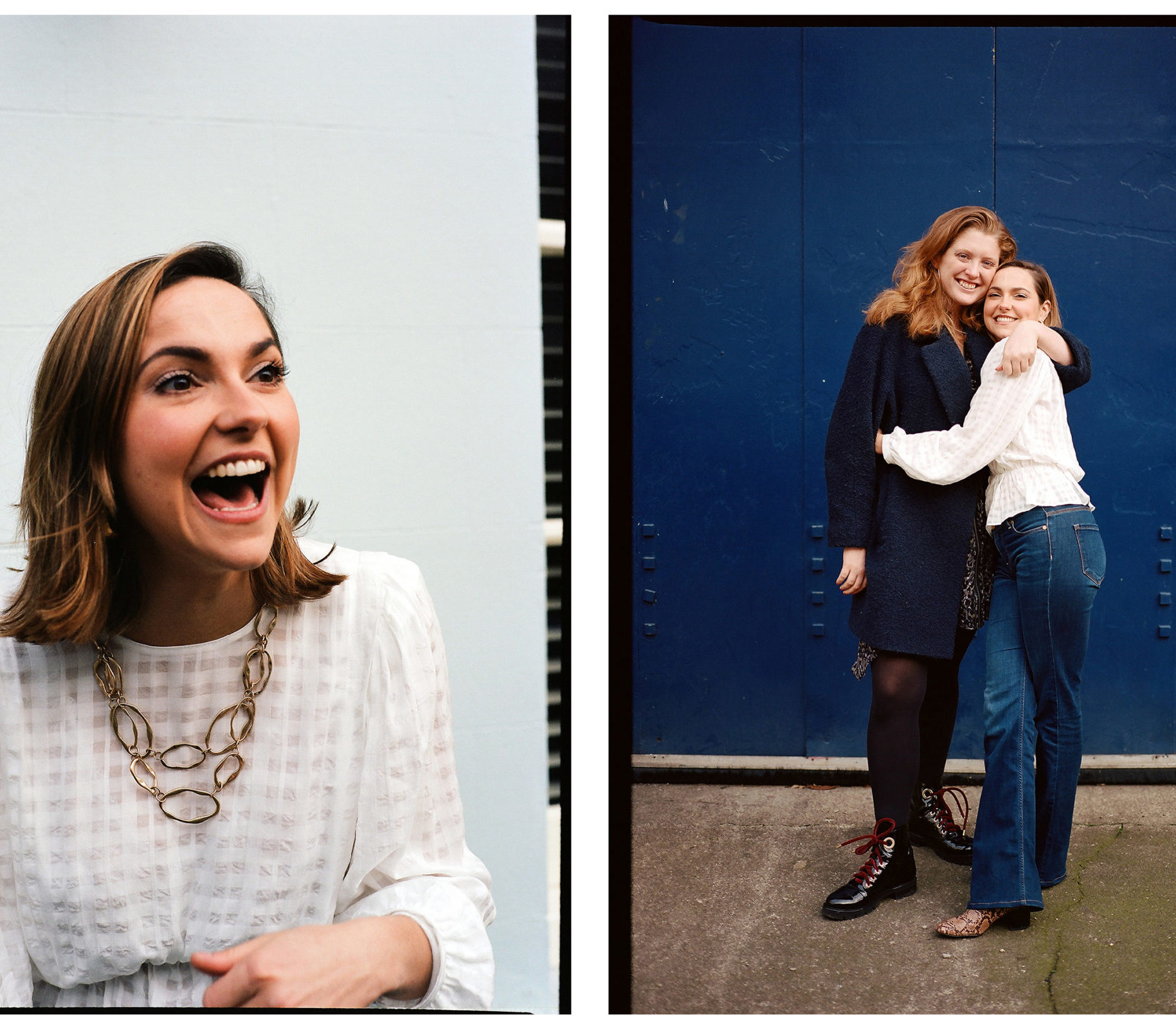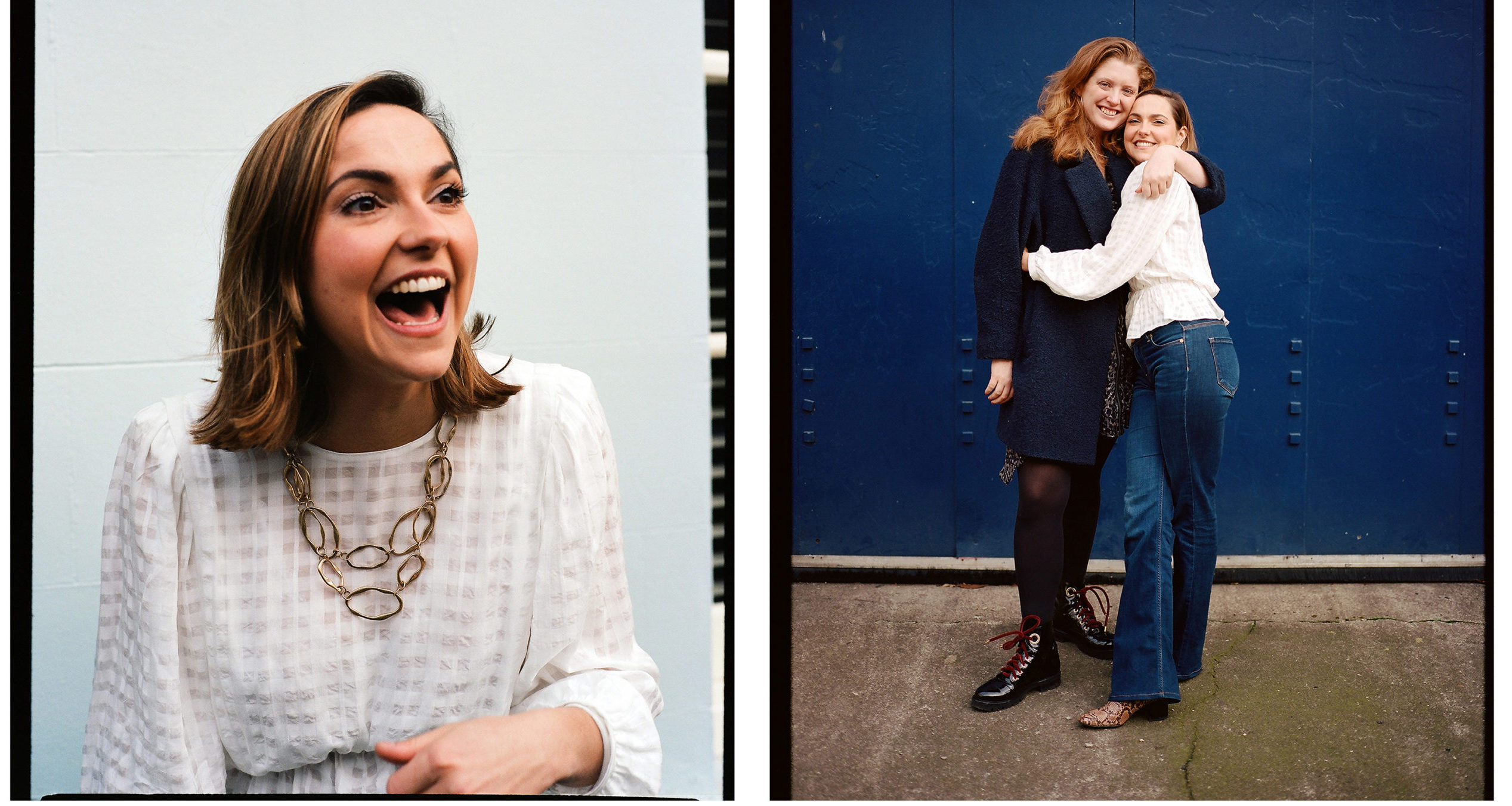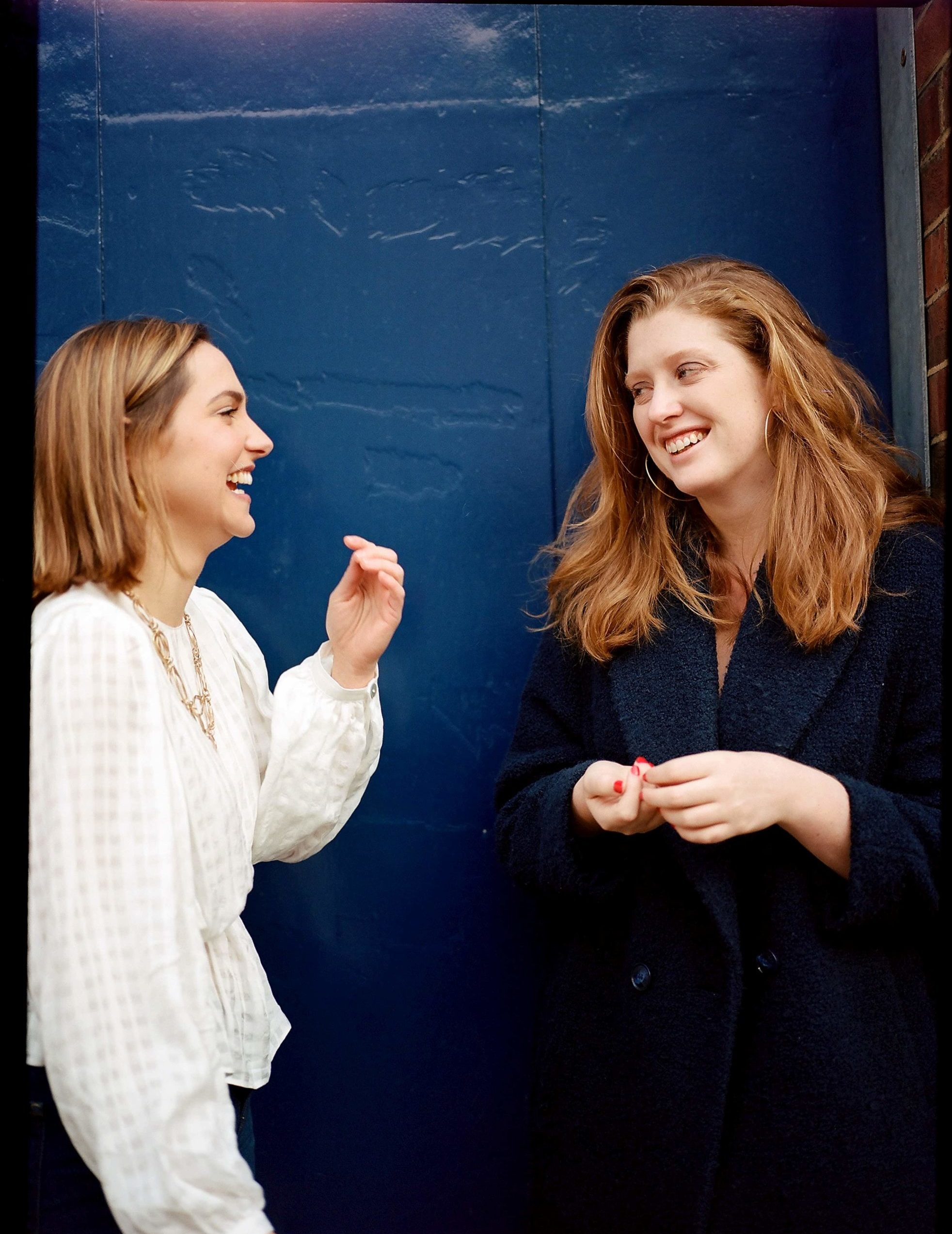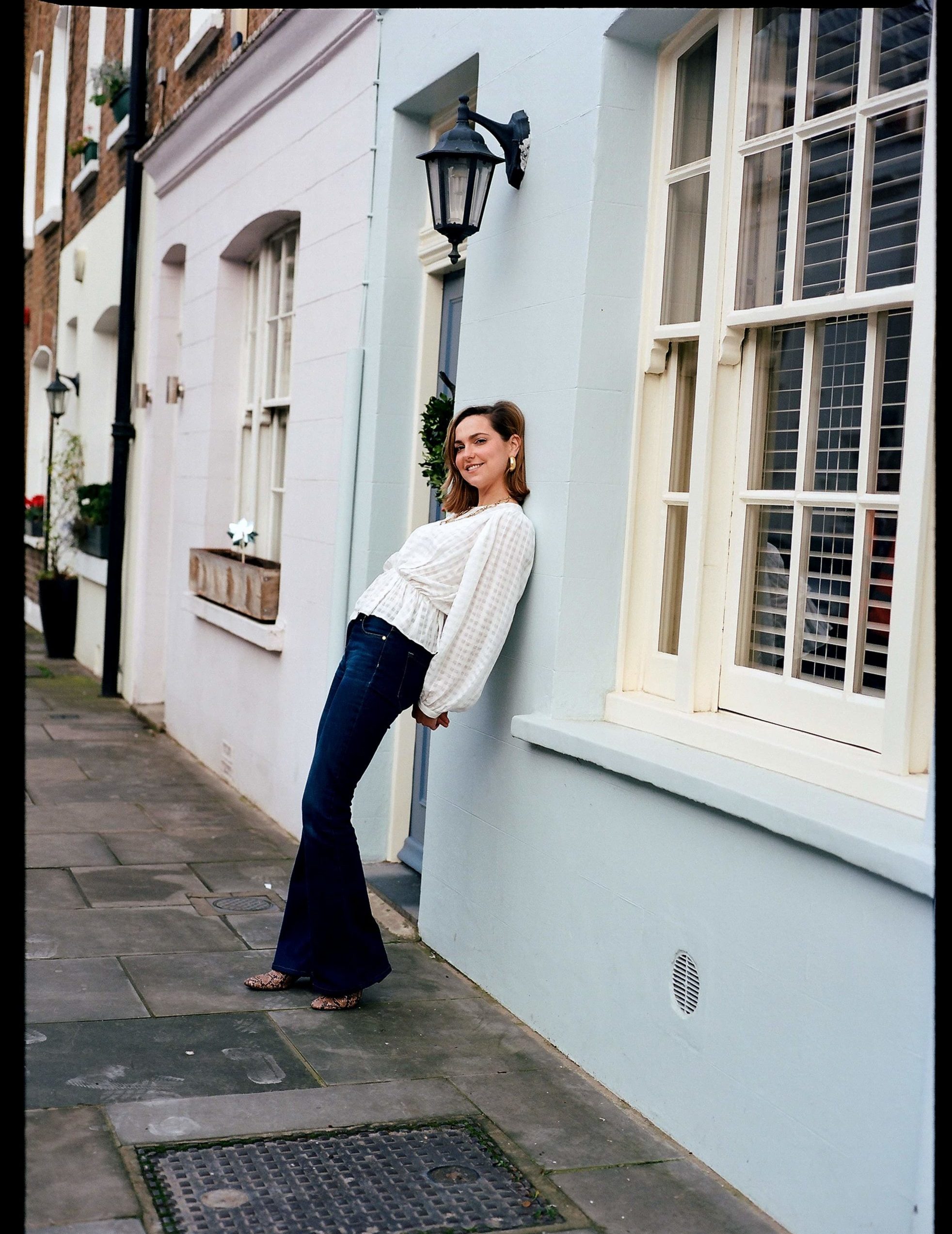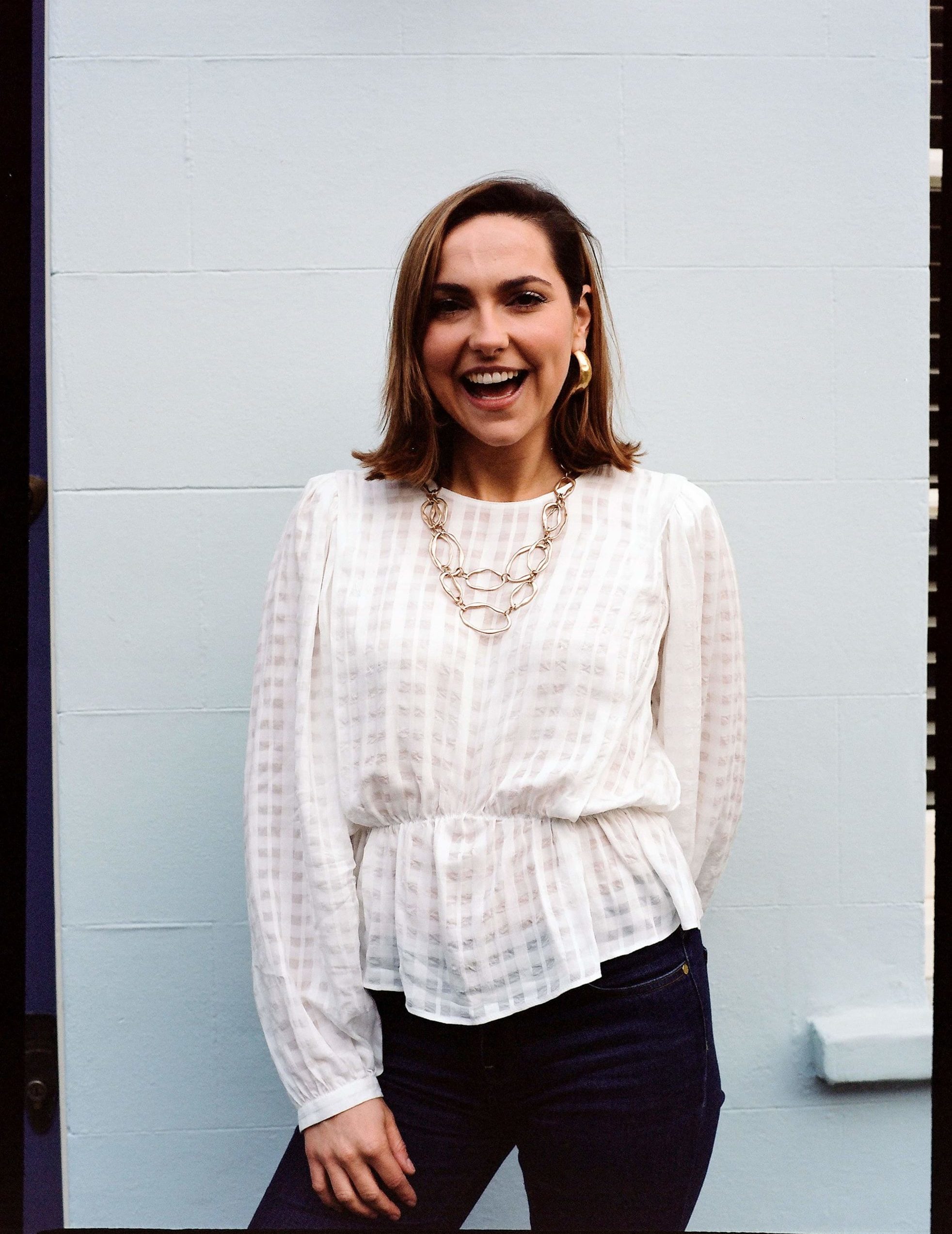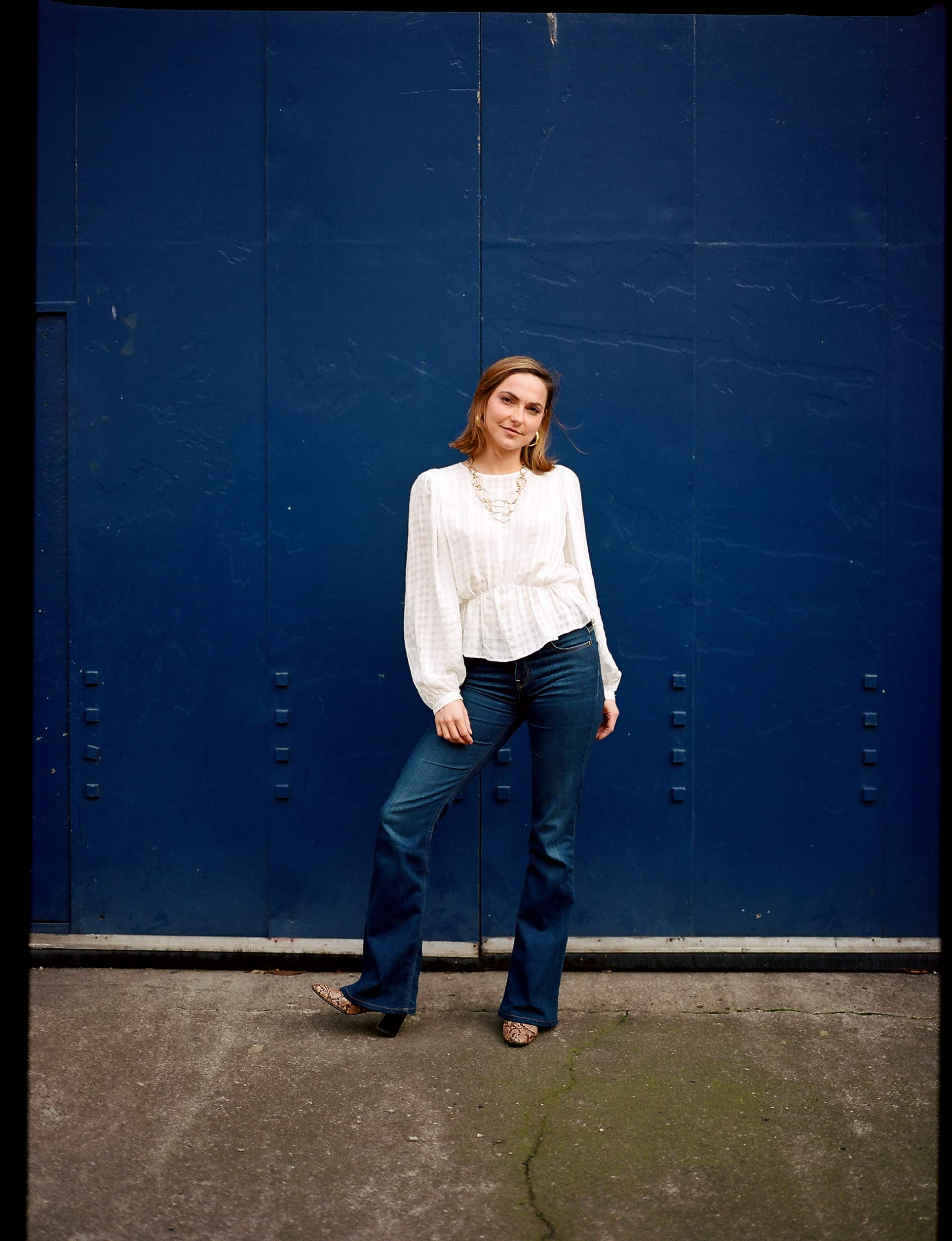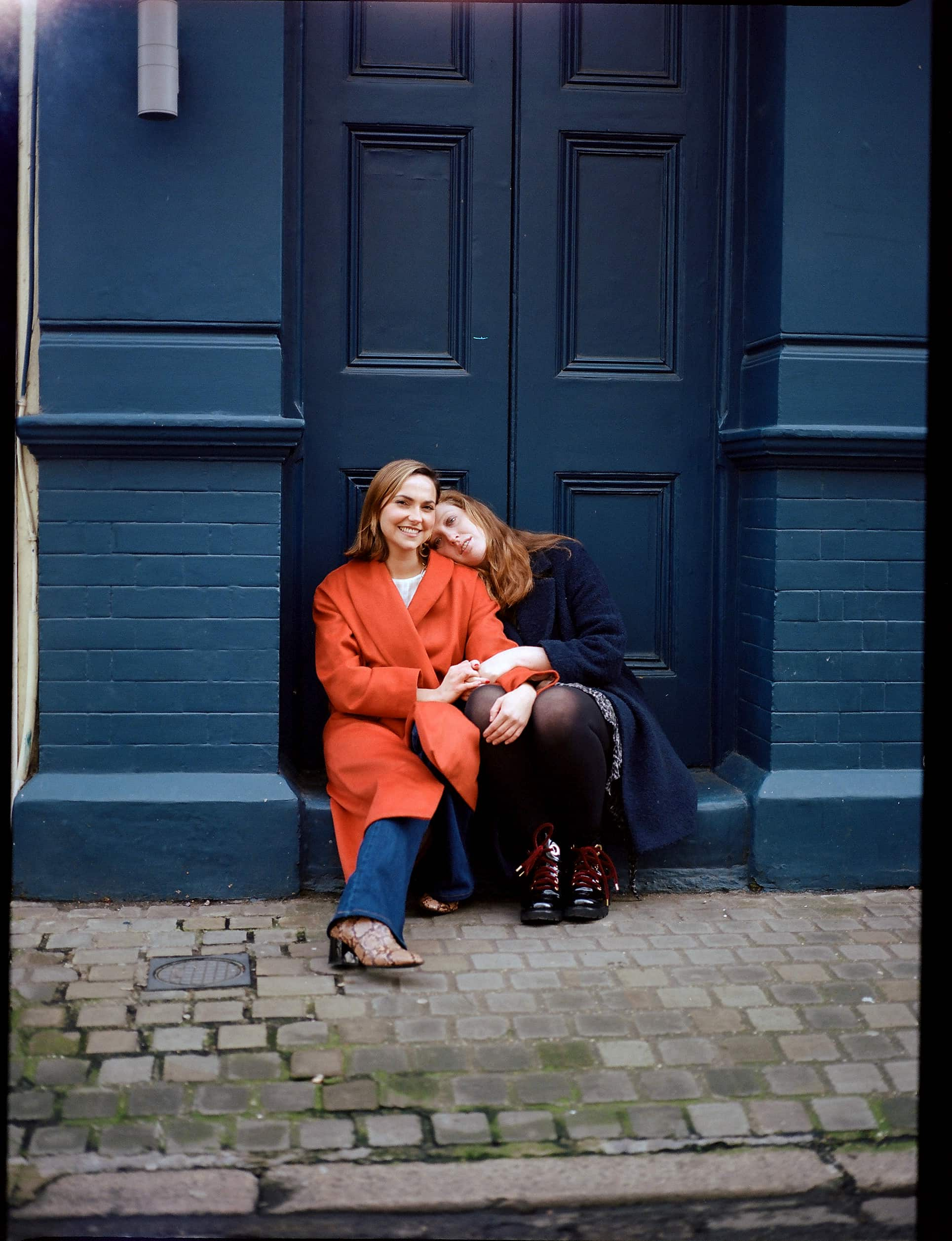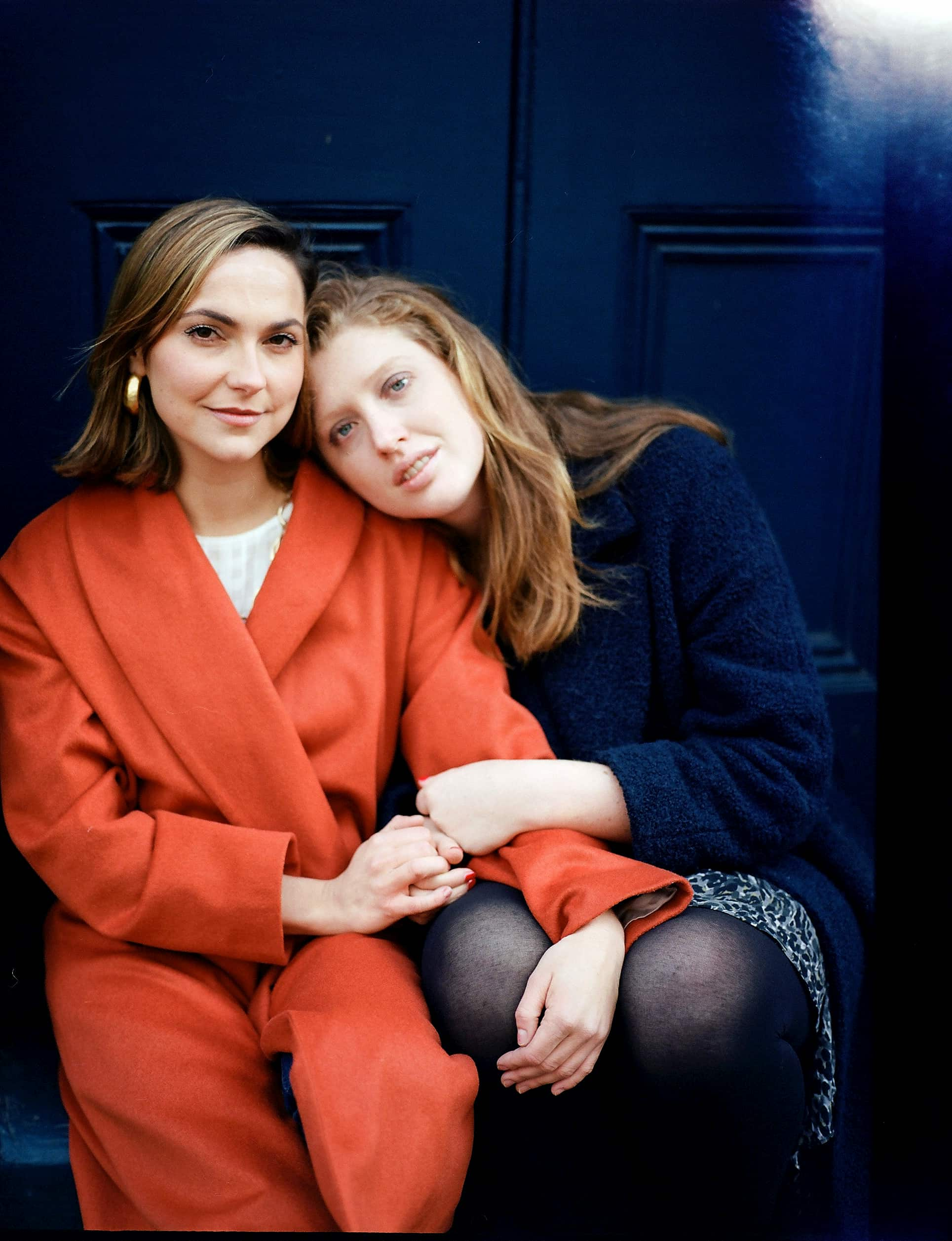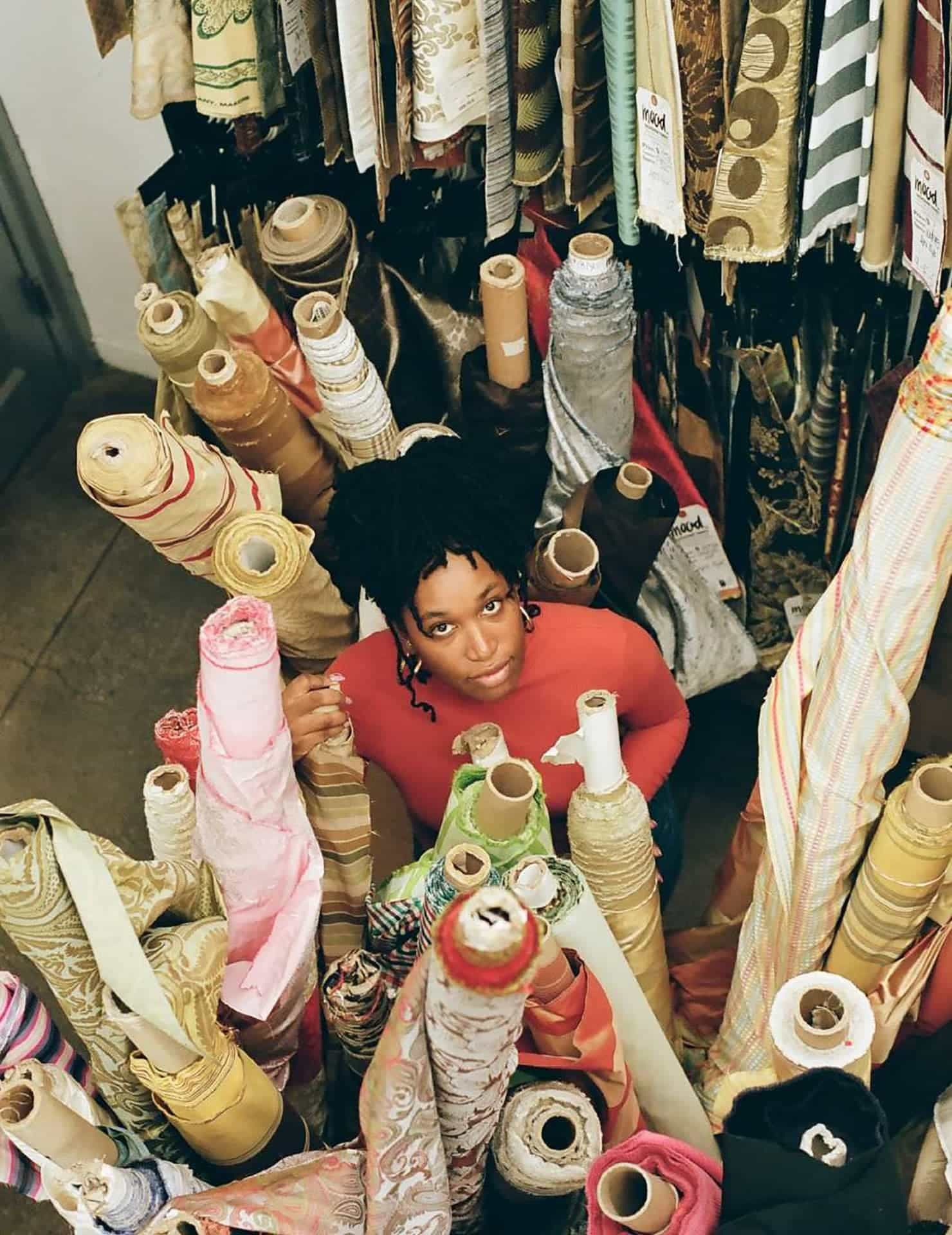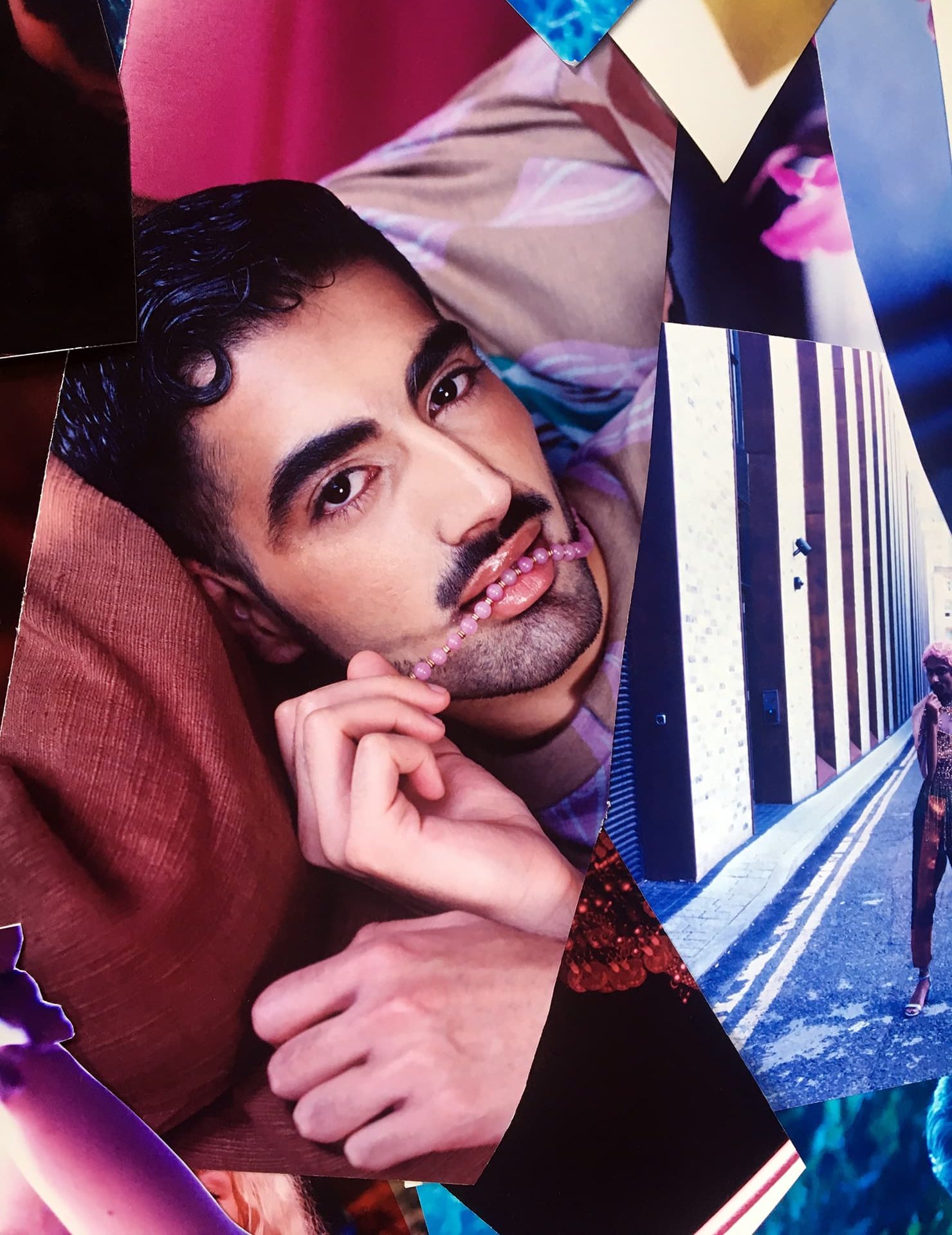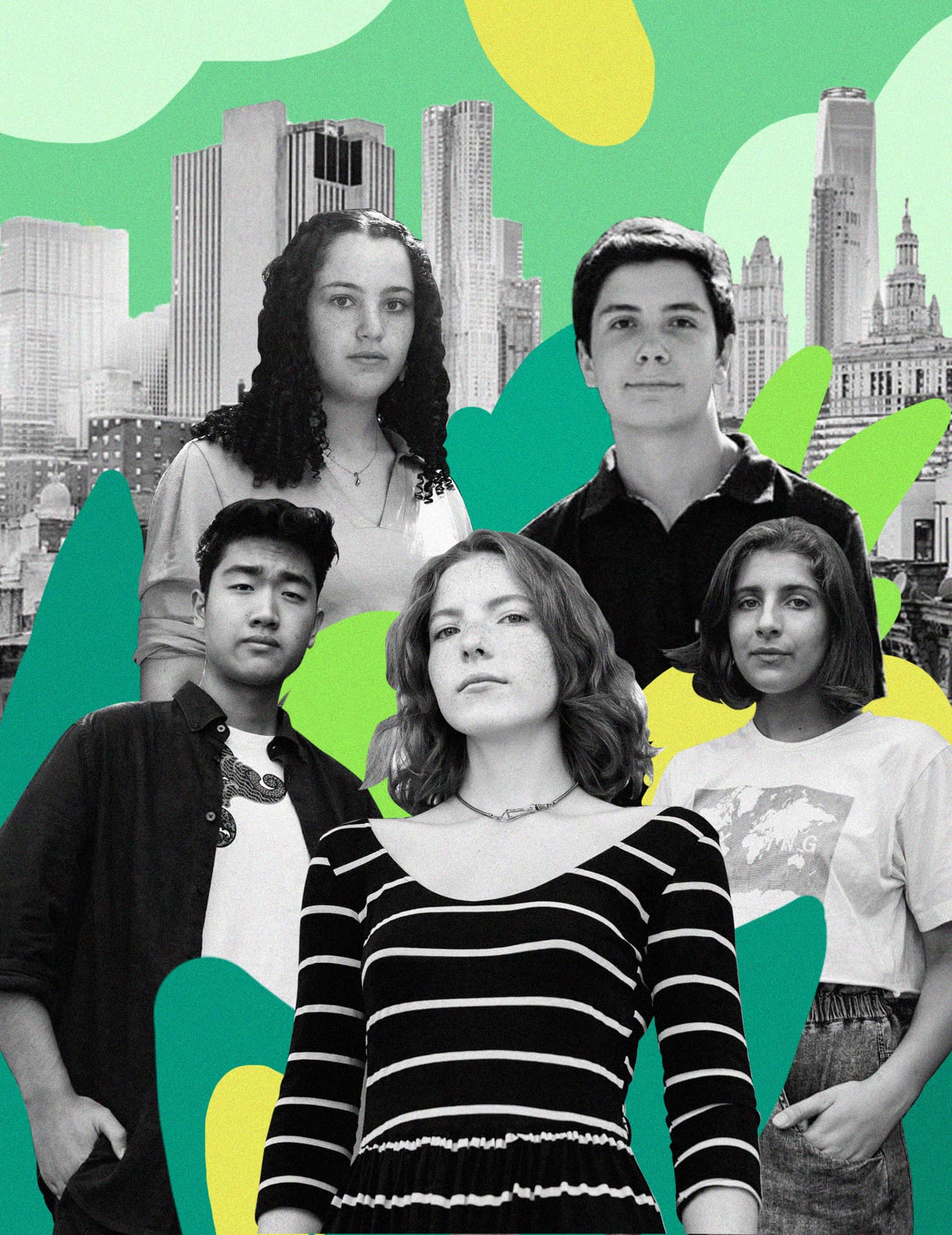I want this podcast to prove that regardless of whatever ‘daddy issues’ you possess, you can achieve anything you want.
That’s how actress Angharad George-Carey opens her debut podcast Daddy Issues, in which she interviews various, successful subjects on how fatherlessness has impacted their lives. Clara Amfo, Lord Mark Malloch Brown, and Sir Tim Waterstone are just a fraction of the successful people who grew up with some form of an absent father: dead, estranged, or just not around.
I found Angharad’s podcast on a rainy Thanksgiving in LA, during which I roasted a particularly foul-tasting squash for lunch at Jameela’s. I was alone, reflecting on how far I’d grown from childhood Thanksgivings. Far because I no longer visit the city I grew up in, the friends I knew, or the man who raised me.
Angharad and I both came of age without dads. Hers died in a Sri Lankan car accident when she was eight, leaving behind a scar across her forehead that is easily mistaken for a particularly dramatic vein. My father left on the day I turned 12.
As I watched the slices of squash turn to tiny burnt morsels, I listened to Angharad interview Sharmadean Reid, a renowned author and beauty entrepreneur who grew up just minutes away from her estranged father. “Who cares if a thousand people like my photo on Instagram, or who cares if I got an MBE from the Queen?” she said. “My dad’s not the one patting me on the head saying, ‘well done,’ so it literally means nothing to me.”
A month later, it rained again. This time I was at Angharad’s mews house in Notting Hill, quickly rushing into a photo shoot only moments after arriving at her front door.
